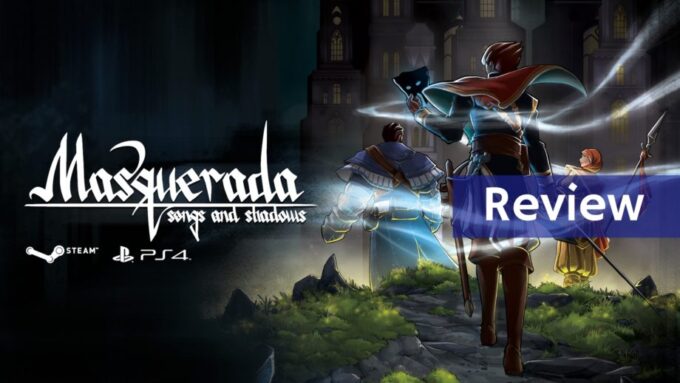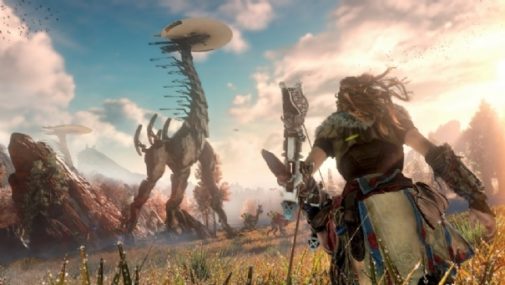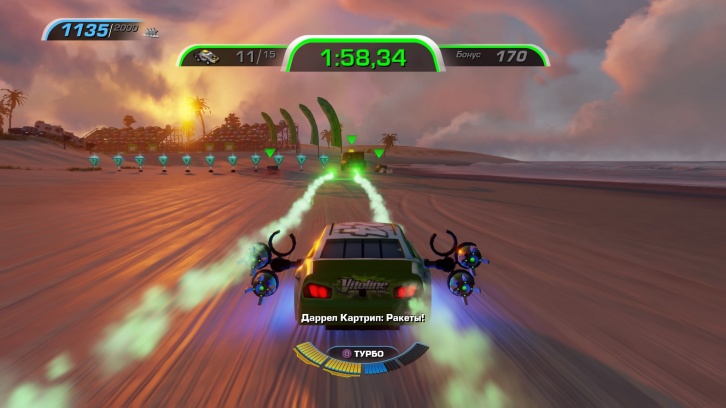 Masquerada: Songs and Shadows is a tactical RPG in an Italian, medieval setting. It builds a deep and interesting world with extensive lore, but it struggles under the weight of so many terms being thrown at the player almost constantly. Although it delivers a decent story, the frequent load times and awkward dialogue may discourage some players from finishing the game.
Masquerada: Songs and Shadows is a tactical RPG in an Italian, medieval setting. It builds a deep and interesting world with extensive lore, but it struggles under the weight of so many terms being thrown at the player almost constantly. Although it delivers a decent story, the frequent load times and awkward dialogue may discourage some players from finishing the game.In Masquerada: Songs and Shadows, you play Cicero Gavar. Here is the dime store, romance novel pitch for the story. He is returning home after five years, and, due to some tragic events in the past, he is not very welcome. After being pulled into an investigation for a missing friend, he must deal with those people and circumstances from his past while trying to unravel a mystery that will ultimately determine the fate of everyone and shake the foundations of their society. So, no pressure.
That society is a caste system, determined by your ability to use Mascherines. These are masks that give you magical powers in the form of earth, fire, water, and air. Like a modern boy band, no one knows the origin of the mascherines, but everyone wants them. If you do not have them or cannot work to earn your ability to use them, you are basically a serf class for those that do.
The lower classes begin to steal their own macherines, and this causes a civil war. Both sides begin to drive their figurative points home by driving literal daggers into each other’s hearts. It is an effective way to end the immediate argument, but never actually wins over others.
This is a great premise, and it has a decent ending. The problem is how we move from the beginning to the end. The first third to half of the game you have terms being thrown at you constantly for this group or that idea. There is a codex in the game to read more about the characters and terms, but, with so much information, I was being pulled out of the game and into a book. It was a real effort to try to understand who everyone was to see why I should even care. It was actively disengaging.
Eventually, I gave up trying and picked up the information by playing the game and ignoring the frequent pop-ups throughout the game that told me the codex had been updated. It was obvious that great care has been taken to craft the world and its histories, but I wish that they had found a way to integrate it without constantly pushing me away from the gameplay.
The actual gameplay is not bad. As you move through the story, you and your band of heroes will encounter enemies. You can directly control one character, but, at any time during combat, you can pause the game and issue commands to each person. There is even an option to pause at the beginning of any encounter to plan your strategy.
Each character uses a mask, and they have different elemental affinities with different abilities and different stances with trade-offs for earning focus for spells or damage. New masks can be found throughout the game, and these have different special abilities when they are powered up. Abilities can be triggered by using focus and have a cooldown period. These different elemental abilities can be used together to cause extra pain to an enemy and whittle down their health a lot faster.
As you earn skill points, you can choose new abilities or make existing abilities stronger. The skill points were not given after every fight, but usually received them after some big event. You can apply the skill points to multiple paths within an ability, and it offers you a couple of different choices for upgrading. In some cases, the choice is whether an ability will heal me or others, cause damage, or increase focus.
The system works well, but, in normal difficulty, I never had to be overly tactical. Usually, my fights turned into brawls with everyone punching their way through to the end. I did have to pause and make changes or revive my teammates more towards the end of the game or in some boss fights, but it was never unmanageable.
The game is fully voiced, and it was a high point for Masquerada. It was aided by some big names such as Jennifer Hale, Ashly Burch, Matthew Mercer, and Felicia Day. Everyone presented their lines in British-ish (a personally made-up term for when Americans take what they believe is an English accent for a role) and there was plenty of drama in the characters for them to stretch their acting muscles.
There are times when it was too dramatic. Towards the end we had a few too many Darth Vader-esque “NOOOOOOOOOO!” moments when someone died. It lost some of the impact, and I actually laughed a little at the second or third one.
The problem was the heavy-handed dialogue. You are assaulted by the previously mentioned terms, and (you may be thinking the same about this review) they might have used a little more editing to remove parts such as unnecessary discussion between characters or a person stating their own politics again and again, even after saying how much they hate politics.
Fortunately, the game’s simple art style is easy on the eyes. They are not striving for realism here, and it almost looks cell-shaded. It was a great choice, and the game is better for it.
The biggest surprise to me was the music. Unless my musical education is as bad as the rest of my education, there is actual chorale music as part of the score and other more traditional vocal music. During the game, you will visit a location called the Hall of Songs, and I stopped playing just to listen. It was lovely, and the rest of the music is filled with violins or other classical music that sounds great.
Outside some strange audio stuttering in the opening cinematic, the game is rock solid from a technical standpoint. I had zero crashes and no problems. It is complete and works well without a huge day one patch.
Even so, the game has too many loading screens. They are very brief, but you can expect one almost every time you enter or leave a room or building. Since the environments are small, this happens a lot. In the White Spire area of the game, I found myself quickly alternating between walking a few steps to the next highlighted area and loading screens. It drove me crazy. This is not the elevator from the original Mass Effect. They are short, but they are everywhere.
Masquerada: Songs and Shadows is ultimately crushed under the weight of its own narrative, and the loading screens, although brief, need to be eliminated. Even with those criticisms, I found the last half of the game to be much more interesting and engaging as everything started to come together in the characters and story.
If you can move past these issues, there is a good beginning for a future franchise here, because the ending leaves room and mysteries for a sequel. For everyone else, you may not have enough patience to move you beyond the first half of the game.






